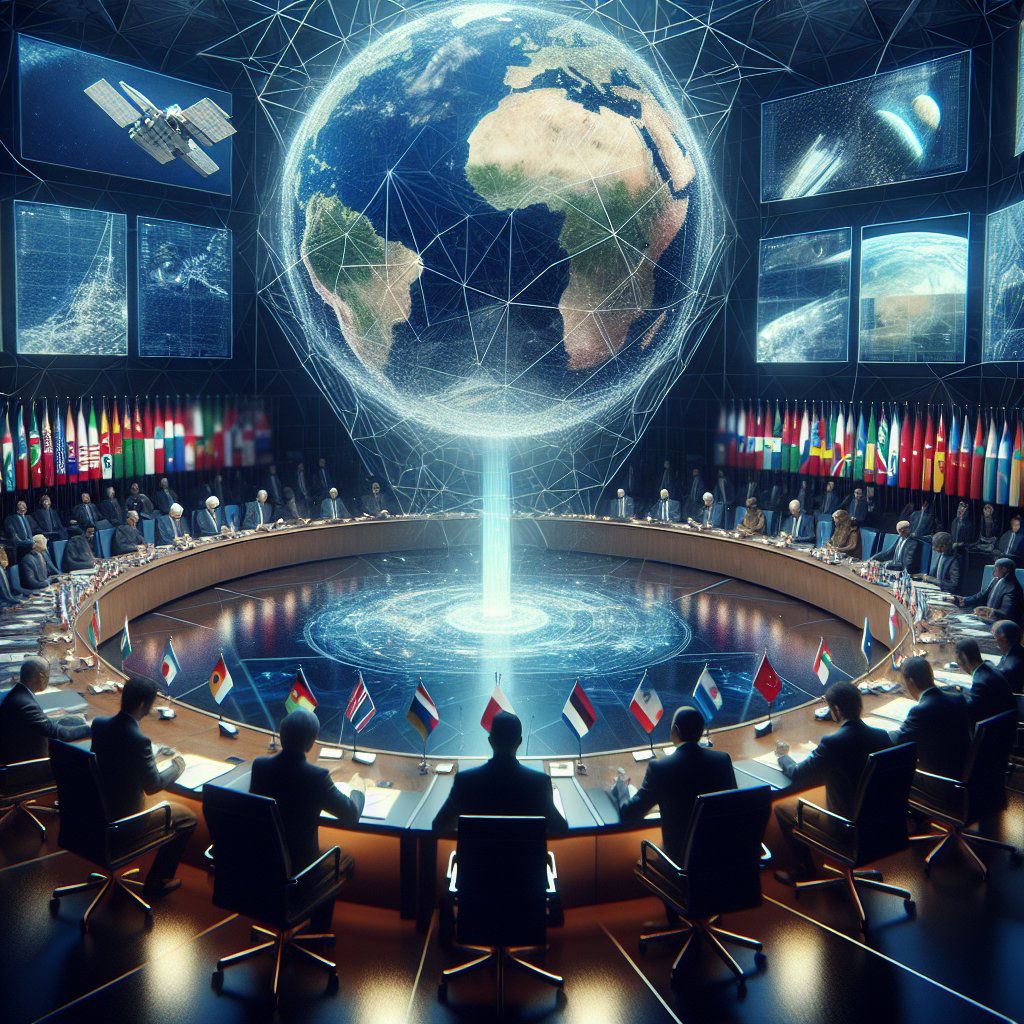Image: AI generated for illustration purposes
North Korea's UN Defense of Satellite Launch Amid Tensions Over Suspected Spy Activity
North Korea has made a rare, direct address to the United Nations Security Council, staunchly defending its controversial satellite launch. This comes as North Korean leader Kim Jong Un scrutinizes detailed images which reportedly include strategic locations such as the White House and the Pentagon, adding a layer of complexity to the ongoing geopolitical discussions around the state's actions and intentions.
This unprecedented satellite launch has been met with widespread international condemnation. The United States and its allies argue that North Korea is in violation of Security Council resolutions aimed at curbing its missile and nuclear programs. However, Pyongyang maintains that the satellite serves peaceful purposes, providing imagery of not only key U.S. military sites but also shots of the Italian capital, Rome.
Kim Jong Un personally reviewed aerial photographs depicted from the satellite, which the state-run Korean Central News Agency (KCNA) claims include the U.S. presidential residence and the Pentagon. Furthermore, Kim is said to have identified various aircraft carriers situated in a military base and a shipyard in Virginia.
During his appearance at the UN Security Council, North Korea's ambassador Kim Song voiced a strong defense of the satellite mission, asserting the nation's right to protect itself and develop capabilities akin to those of the United States. He highlighted the unique and severe security challenges the Democratic People's Republic of Korea (DPRK) faces, particularly from the U.S., which he accused of threatening North Korea with nuclear weapons.
Ambassador Kim Song also criticized the US for suggesting North Korea's satellite technology was being used to advance its ballistic missile tech, sardonically inquiring if the U.S. employed a proverbial catapult to launch its own satellites.
In response, U.S. ambassador Linda Thomas-Greenfield sharply dismissed North Korea's justification of self-defense, emphasizing that allied military exercises with South Korea are publicly announced, routine, and defensive. According to her, such drills are fully compliant with the Security Council resolutions, in contrast to the DPRK's secretive and provocative actions.
In a related development, South Korea's intelligence agency has reported that Russia, currently involved in the conflict in Ukraine, extended support to North Korea's satellite launch following a summit between Kim Jong Un and Russian President Vladimir Putin. This allegation comes amidst claims that North Korea has supplied military equipment to aid the Russian campaign in Ukraine — assertions the U.S. corroborated last month with reports of North Korean munitions deliveries to Russia.
Both Russia and China seek a resolution to alleviate sanctions on Pyongyang, purportedly to foster dialogue and initiate peace talks. However, the U.S. staunchly opposes this move, thus making the Security Council's decision complex.
Chinese envoy Geng Shuang raised concerns about the potential escalation of hostilities, spurred by the U.S.-South Korea partnership. Geng argued that without addressing the DPRK's legitimate security concerns, the Korean Peninsula risks being trapped in a continual cycle of reciprocal aggressive actions, further devolving into a persistent security dilemma.
This pivotal moment at the UN reflects the heightened state of alertness around North Korean activities and the international community's divergent strategies for dealing with Pyongyang's ever-evolving capabilities. With the world watching, the Security Council remains at an impasse on the path forward.










